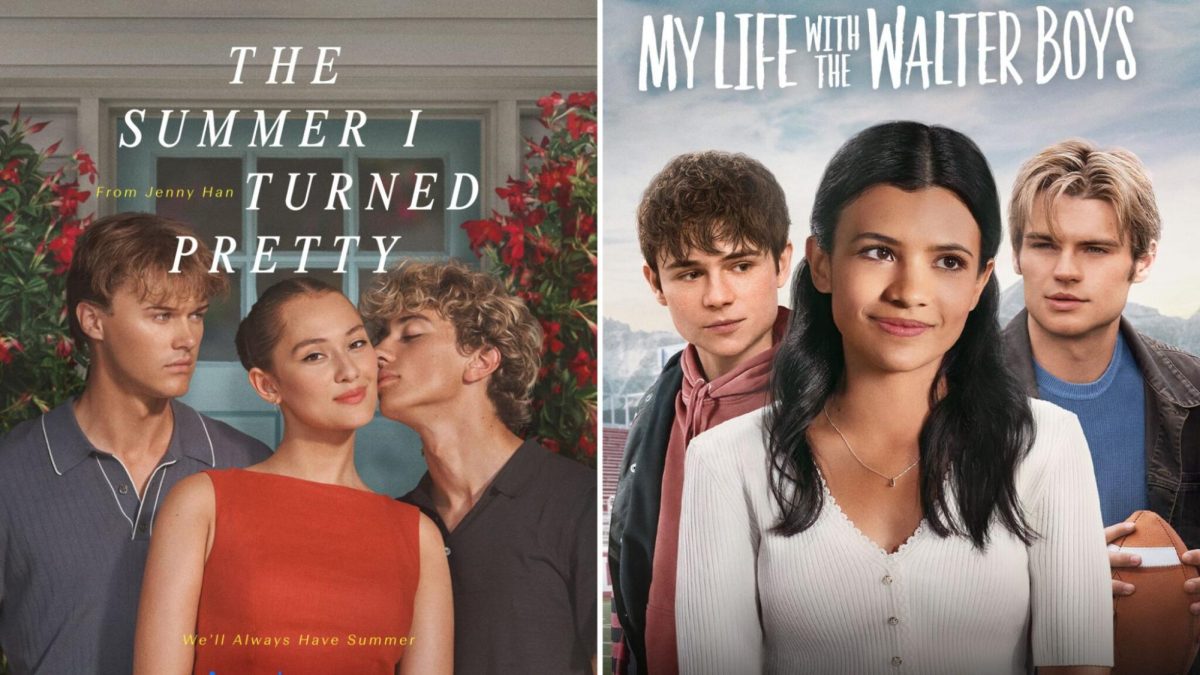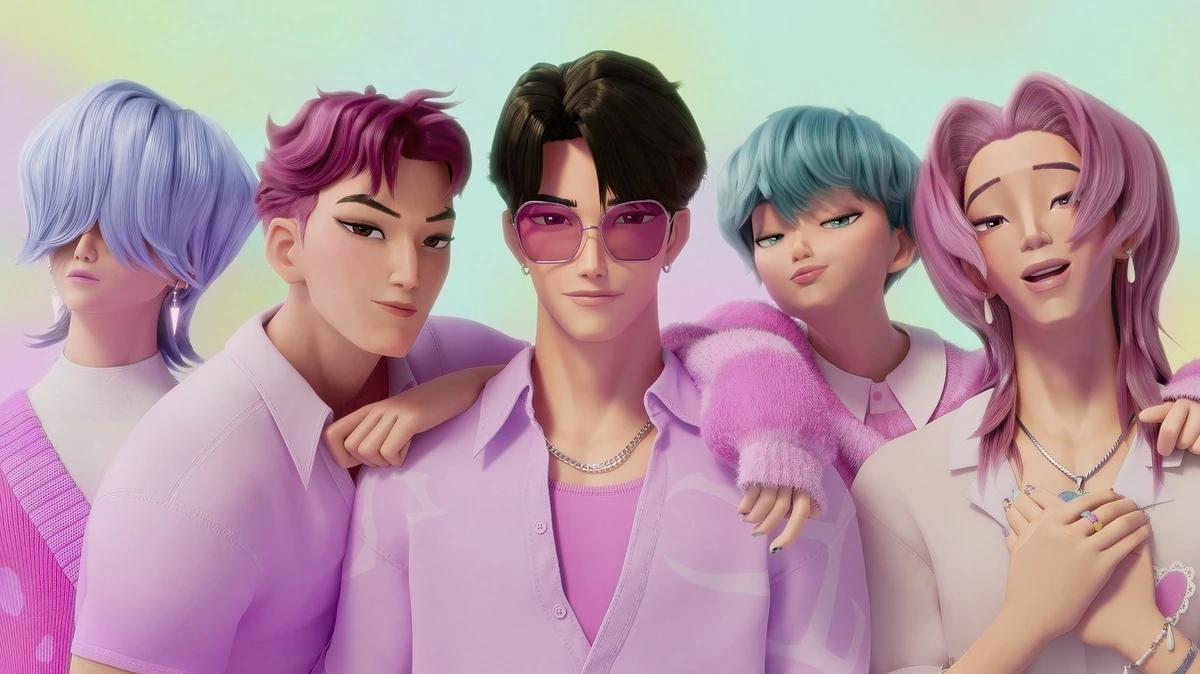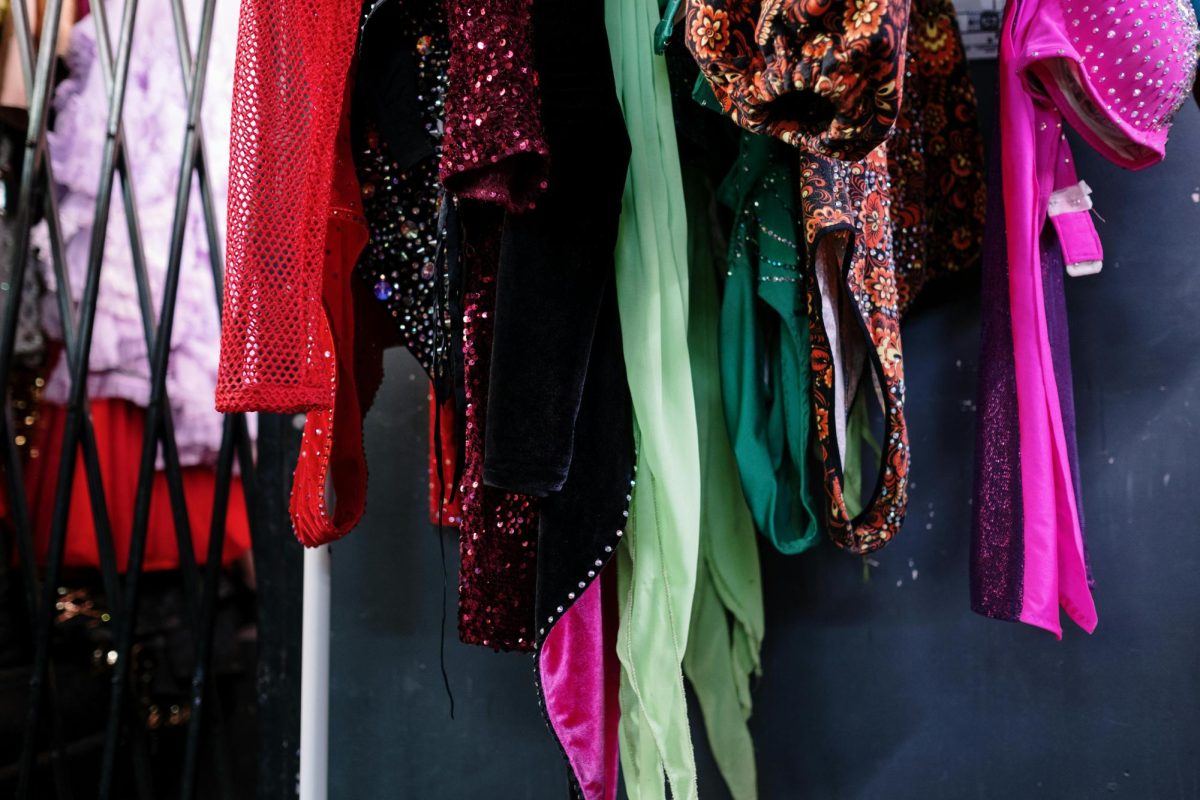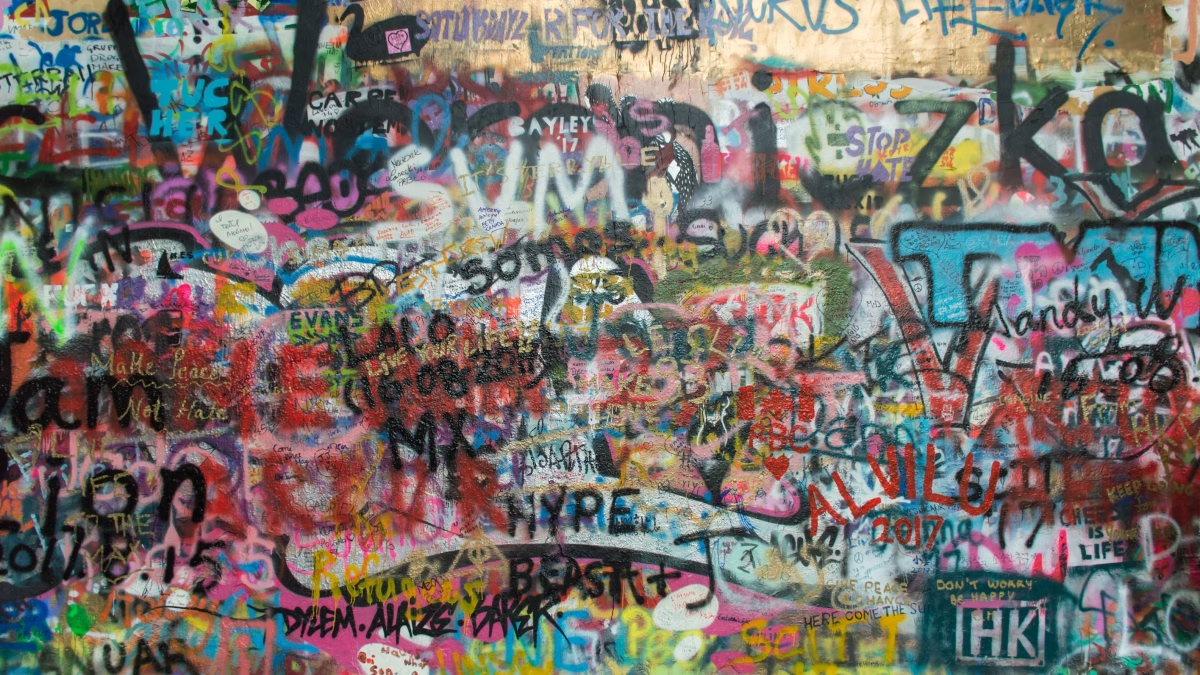Every day, millions of people use music on TikTok. From dances to day-in-the-life vlogs, the music available on such platforms has shifted music trend cycles and, as a result, the music industry along with it.
TikTok’s music culture has led to the rapid rise of songs that were not popular initially, but gained traction through user-generated content and engagement on the platform. According to research from Duke University, a prime example is RAYE’s “Escapism,” which reached the UK’s number one spot on the charts two months after its initial release in October 2022, largely due to the viral sped-up remixes and TikTok trends surrounding the song. While the app has provided smaller artists a platform, helping them gain exposure and connect with fans, it has also added a layer of harmful commentary.
There is a sentiment circulating from some social media users that music only has value if it remains “underground” or indie. This attitude can contribute to the normalized internet culture of songs being criticized for mass popularity, dismissing their true artistic value.
Regardless, a key issue from mainstream and indie artists remains the copyright infringement issues on the platform. While artists can report their song for being posted under a new name, there are thousands too many instances for that strategy to be effective. According to Music Gateway, as of 2019, TikTok has provided artists with $0.03 per video, with zero added benefit for a given video’s popularity. This royalties system plays into the larger issue of copyright infringement because such a high number of remixed or imposter versions of an artist’s sound on the platform take a significant gash out of their total revenue.
In early March 2024, in an effort to combat the issue, the multinational music corporation Universal Music Group removed almost every single song from its catalog from TikTok. The songs affected ranged from artists like Beabadoobee and Conan Gray to Fifth Harmony. The artists spoke out against the record company after their popularity and reach on the app declined upon songs being removed, but the ban has not been lifted. Artists’ music has slowly started returning to the platform, including Taylor Swift, whose music returned spontaneously in mid-April 2024.
However, independent artists do not have large labels controlling the app’s access to their music. So amidst the UMG ban, smaller, independent artists such as Lilith Max and Jay Eli took the opportunity to promote their work to a larger audience.
While a happy medium has yet to be fully achieved between company executives and artists, according to Variety, the 60-second time limit on songs makes artists optimistic that it will still draw listeners to stream on established platforms like Spotify.










